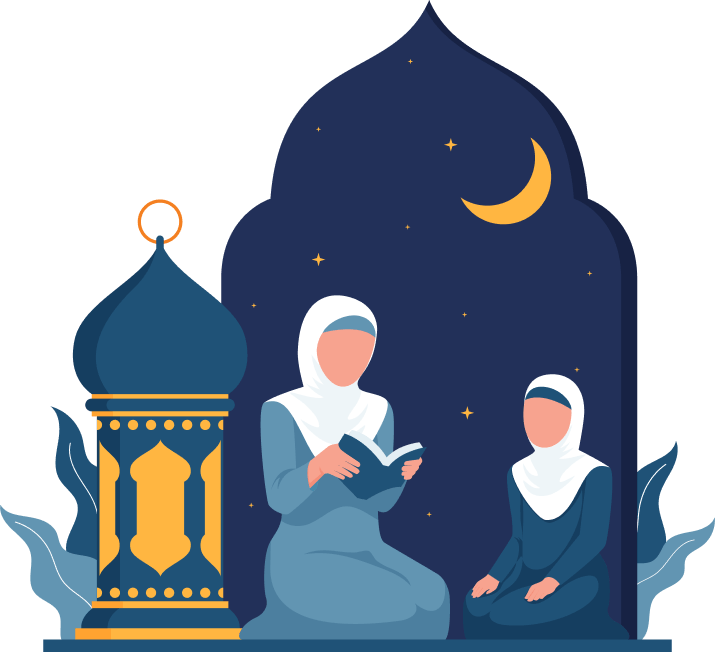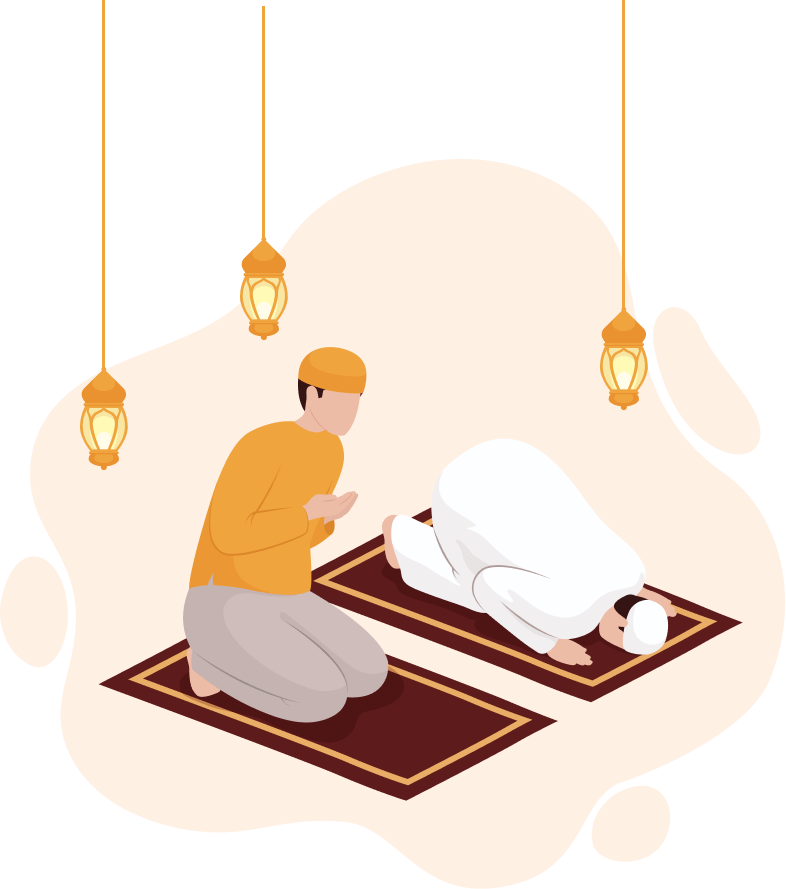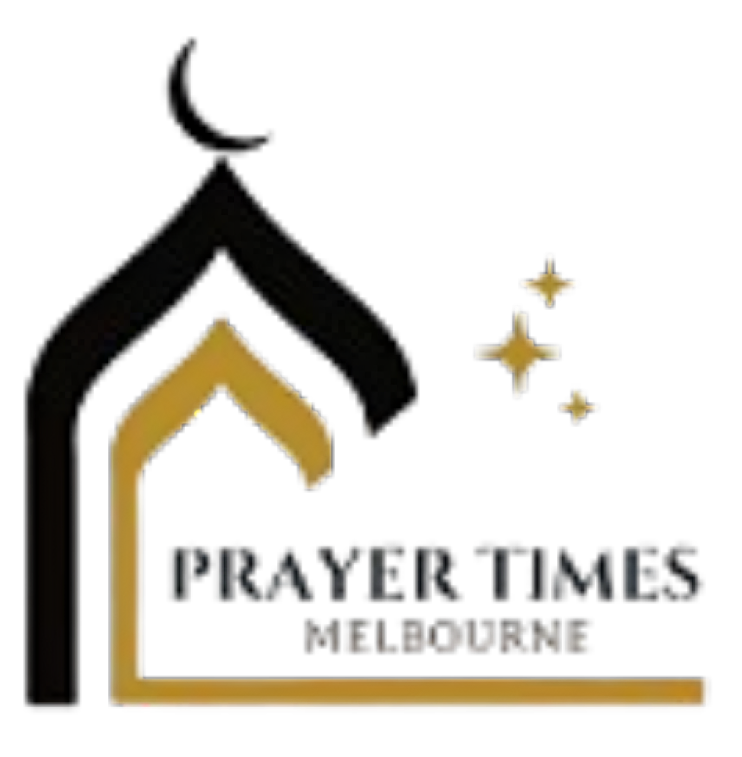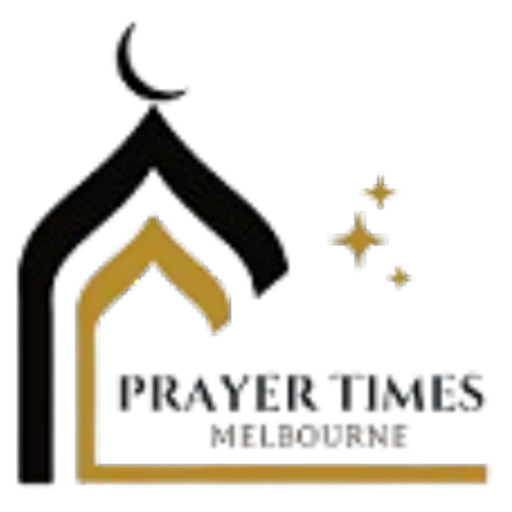12th Rabi Ul Awal
Rabi Ul Awal - Eid Milad un Nabi (صَلَّى اللّٰهُ عَلَيْهِ وَسَلَّم)
Eid Milad un Nabi, also known as Mawlid al-Nabi, is the celebration of the Prophet Muhammad’s (صَلَّى اللّٰهُ عَلَيْهِ وَسَلَّم) birth, who is the last messenger of Allah. This day, which falls on the 12th of Rabi Ul Awal in the Islamic lunar calendar, is of great importance among Muslims worldwide. This guide offers information about the history, significance, and ways in which the muslim community celebrates this blessed day.

Rabi Ul Awal “The first Rabi,” or “Rabi 1,” is the third month of the Islamic calendar. The name Rabi Ul Awal means “the first month or beginning of spring,” referring to its position in the pre-Islamic Arabian calendar. In the days of the Ottoman Empire, the name of this month in Ottoman Turkish was Rèbi’ ulèvvèl, with the abbreviation Ra. In modern Turkish, it is Rebiulevvel.

12th Rabi Ul Awal:
Rabi Ul Awal is the third month in the Islamic calendar, and it marks the birth and death of the Prophet Muhammad (PBUH). In the 11th year of Islam, the Prophet Muhammad (PBUH) passed away after being unwell for a few days. Hazrat Abu Bakr (RA) consoled the Muslims by saying, ‘O people! If it was Muhammad (PBUH) whom you worshipped, then know that he is dead. But if it is Allah (SWT) whom you worship, then know that He does not die. It also marks the first mosque. This masjid was constructed by the Prophet Muhammad (PBUH) and Abu Bakr (RA) in the town of Quba near Yathrib, which today we call Madina.
The Prophet Muhammad’s (PBUH) Birthday:
The Prophet Muhammad (PBUH) was born in Mecca in the Gregorian year of 570 AD, and, although the exact date of his birth is unclear, it’s celebrated on the 12th day of Rabi Ul Awal. The observance is sometimes referred to as Mawlid or Milad, which is derived from the Arabic word that means “to give birth” and has since evolved to become synonymous with the Prophet’s (PBUH) birth. Mawlid is a public holiday in most Islamic countries except for Qatar and Saudi Arabia. On this day, houses and mosques, and streets are decorated with beautiful and colorful lights to celebrate this historic Islamic day in the memory of the beloved Prophet Muhammad (PBUH).
Muslims living in Australia, and around the globe take this day as an opportunity to decorate their homes, rejoice in street parties, and tell tales of the Prophet Muhammad’s (PBUH) life. Despite this, this isn’t the only way that people choose to honor the birth of the Prophet (PBUH). For instance, some individuals may choose not to celebrate but rather perform deeds that allow them to improve upon themselves as devout Muslims. These deeds include donating food and other goods to charity or dedicating more time to reading the Qur’an on this day. Additionally, since the Prophet (PBUH) was born on a Monday, some Muslims will fast during the daylight hours of Monday in order to honor his blessed birth.
Importance of 12th Rabi Ul Awal in a Muslim’s Life:
The importance of the 12th of Rabi Ul Awal is that it is commemorated for honoring the Prophet Muhammad (PBUH), the strongest figure in forming the Muslim religion. Without the Prophet (PBUH), Islam wouldn’t be how we know it today; he was one who received Allah’s (SWT) revelations and spread his teachings to the wider community. As a result, the 12th Rabi’ Al-Awwal allows Muslims to commemorate the Prophet (PBUH) and his contributions to Islam.
In addition to the remembrance of the Prophet (PBUH), the 12th Rabi Al Awal also brings the Ummah together. Communal meals, parades, and prayer schedule meetings that take place on this day present the perfect opportunity to connect with our brothers and sisters in a spiritual capacity. The deep connotation of this holy day would be that many Muslims would seize the moment to inherit virtues from the life and teachings of the Prophet Muhammad (PBUH). For example, some Muslims will use this day to reflect upon the legacy of the Prophet (PBUH), read his Seerah, or reflect upon his Sunnah.
The birth of the Prophet (PBUH) was a turning point in the course of history because Allah (SWT) utilized him to guide people from darkness to light. His Seerah is of invaluable worth because his momentous journey through life is something everybody can learn from. Lastly, so many of his insightful Sunnah can be incorporated into our everyday lives to bring ourselves closer to righteousness.
Ways to Commemorate this Day
- Increase your worship and prayer.
- Learn and Teach the Holy Prophet's Life
- Organize Religious Gathering

